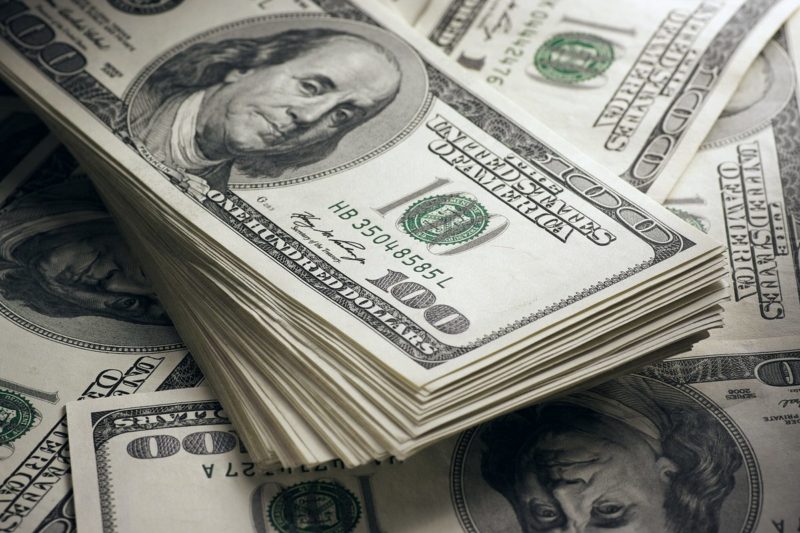Analysis: House GOP’s Tax Plan Would Be Very Good for the Very Rich
House Speaker Paul Ryan has undergone an intensive effort to rebrand himself and other Republicans as compassionate toward those living in poverty, but Ryan’s supposed goals of alleviating poverty didn’t make it into the GOP's tax plan.

The “Better Way” tax plan trumpeted by House Speaker Paul Ryan (R-WI) and the House GOP would provide massive tax cuts for the wealthy, giving the wealthiest 1 percent of households almost all of the plan’s tax reductions by 2025, according to a new analysis.
The 37-page report, released Friday by the Tax Policy Center—a joint project of the Urban Institute and the Brookings Institution—found that though taxes would drop for taxpayers across the board in 2017, the vast majority of savings would be directed to the ultra-wealthy. The analysis found that three-quarters of tax cuts would go to the top 1 percent of taxpayers and those who have incomes of more than $3.7 million.
This group of high-income earners, which make up just 0.1 percent of the population, “would experience an average tax cut of about $1.3 million, 16.9 percent of after-tax income.”
The poorest fifth of households in the United States would have their taxes decrease by an average of about $50—0.4 percent of their after-tax income. The middle fifth of households would see an average of about $260 in tax cuts.
But by 2025, “the top 1 percent of households would receive nearly 100 percent of the total tax reduction,” according to the Tax Policy Center’s report.
“Overwhelmingly, the majority of the tax reduction is focused on very high-income households,” Joe Rosenberg, a senior research associate at the Urban Institute who worked on the report, told Rewire.
Rosenberg said when it comes to people who earn low wages, “the truth is [the House’s tax plan] just doesn’t do a whole lot.” Though it is possible for a tax plan to work to alleviate poverty, the changes proposed in the Republican plan “by and large wash out for most low-income people” and ”they don’t see much impact from this reform,” Rosenberg said.
The federal government would take in about $3.1 trillion less in taxes over the next decade under the Republican plan, according to the Tax Policy Center.
Ryan has undergone an intensive effort to rebrand himself and other Republicans as compassionate toward those living in poverty, going as far as to denounce his notorious “makers” and “takers” rhetoric that demonized families with low incomes.
Ryan’s supposed goals of alleviating poverty didn’t make it into the GOP’s “Better Way” tax plan. “That’s not really the focus” of the plan, said Rosenberg, who characterized the proposals as “business-centered reform.”
It does not do “a whole lot in terms of using the tax code to funnel more resources towards low-income people,” he continued.
Ryan and House Republicans in June pitched a policy plan featuring ideas for combating poverty, but policy experts swiftly called out the proposals for doing more harm than good for those who earn low wages.
Drew Hammill, a spokesperson for House Minority Leader Nancy Pelosi (D-CA), told the Huffington Post that Ryan’s tax plan provided more evidence that Republican lawmakers were catering to the wealthy.
“Speaker Ryan’s Wrong Way tax plan makes it crystal clear that House Republicans are here solely to do the bidding of the super-rich,” Hammill said.
“Instead of working to advance a plan to reform the tax code and close wasteful loopholes that benefit corporate interests and the wealthy, Speaker Ryan has made plain his allegiance to the failed, trickle down policies that do nothing to address the needs of hard-working families,” he continued.
Ryan’s office did not responded to a request for comment.
